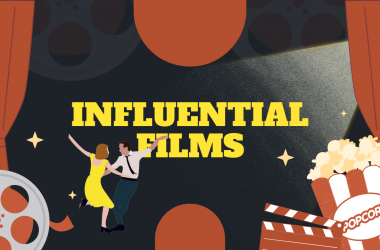The general consensus last week was, “Well, if Harvard’s doing it, we all probably should,” when Harvard announced that it would abandon the early admissions program. It has been said that this program puts low-income students at a major disadvantage.
After Harvard made this major change, Princeton was right behind them, promptly followed by Amherst, Williams, Swarthmore, Barnard and seven other selective liberal arts colleges. According to the Sept. 19 issue of the New York Times, many of these colleges are fierce competitors for high school students. The article stated that a meeting was held in New York last week, where the presidents of several prominent universities and colleges came together to voice their opinions about the hellish world they have unwillingly helped create.
Robert Weisbuch, the president of Drew University in Madison, N.J. had a few words to say during the meeting. “It just feels ugly, the way it is now. How do we remain competitive, which is a good thing in many ways and yet at the same time try to make more rational and less fetishized this whole process for students and families?”
Patrick T. Harker, the dean of the Wharton School of Business at the University of Pennsylvania also gave his opinion on all the admissions hoopla. “Some of the behavior that institutions engage in is quite unbelievable. There are perverse behaviors that get generated where people do things to drive the rankings.
At the meeting, the presidents also discussed their concerns about suspicious tactics some universities have used to increase their standings in the highly influential U.S. News & World Report rankings. They also discussed the many obstacles low-income applicants have such as paying thousands of dollars for private college counselors.
The man responsible for the New York meeting is Lloyd Thacker. Thacker is a former college admissions officer and high school guidance counselor. He argued that the insanely aggressive strategies of corporate competition, like marketing, branding and image making, have compromised education. Lloyd said, “We’ve sharpened our business acumen by confusing what is good for business with what is good for education.”
All of this makes one think. Is any of it really going to help incoming freshman make life-changing decisions about which university to attend? We know that these administrators are only trying to help, but it makes one think. Are they really doing this for low-income students or for their own benefit?
Any program that strives to aid underprivileged students is a positive step forward. Hopefully, all university presidents can agree on that. Let’s just hope that this new tactic will make it easier for all those overachieving high school students who are desperate to get into their parents’ alma mater.
We all know that it is an emotionally draining, physically exhausting, not to mention ridiculously stressful time for high school seniors across the nation. Students ask themselves so many questions, “Will I get in to my top choice?” “If I don’t, where will I go?” “Will my parents approve?” “Will I be happy?” “Does the campus feel right?” “Do I need financial aid?” And of course, the biggest question of all: “Is this decision really going to affect the rest of my life?”
With so many questions and so few answers, what these students need is guidance. So let’s hope that this new tactic will make it easier for everyone from the well-off to the extremely poor, to attend the college they deserve to be in.



